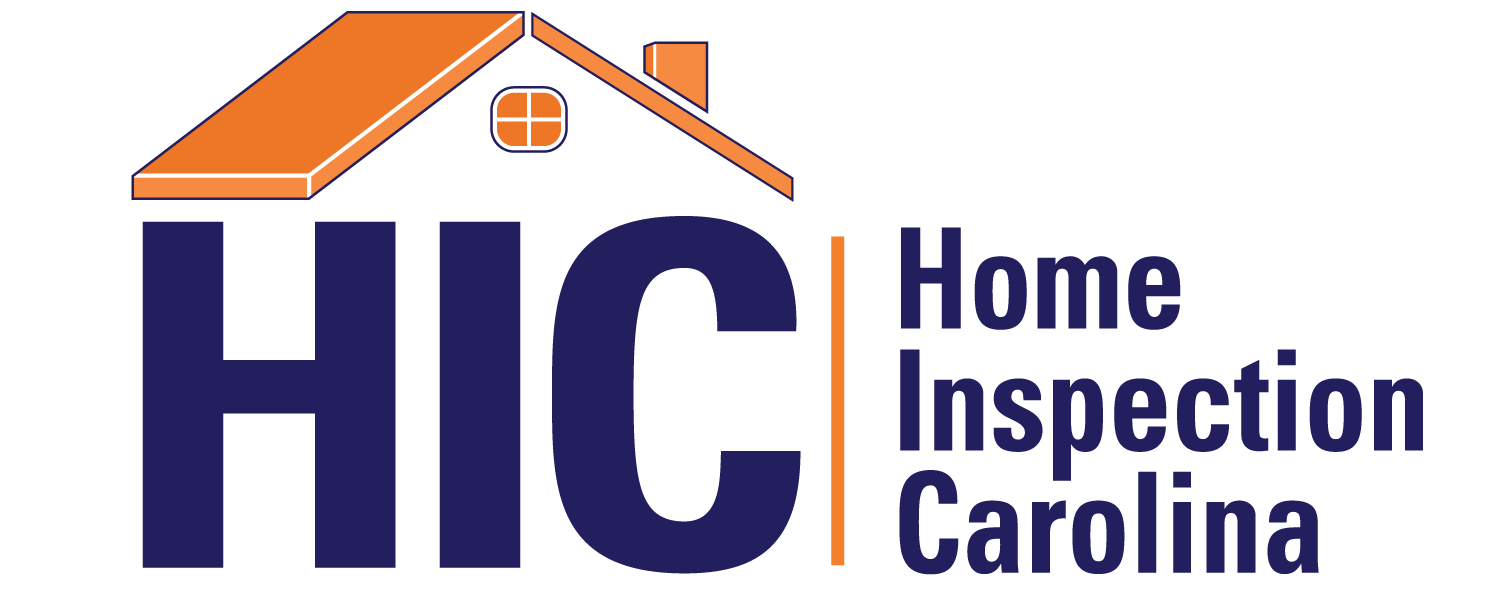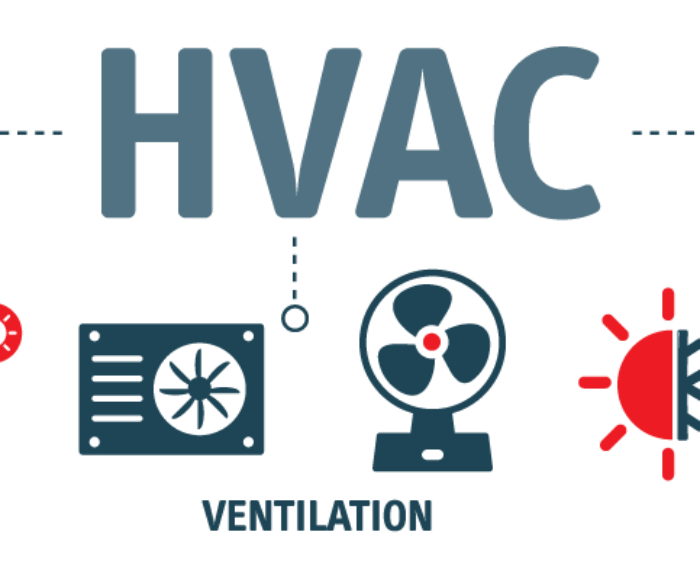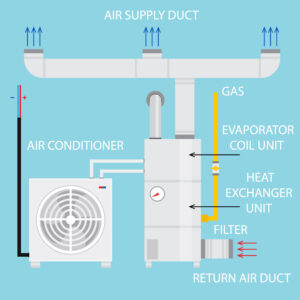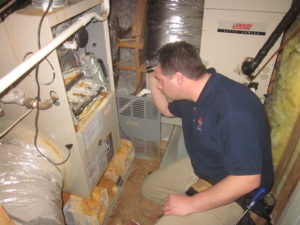Most Common Defects Found with HVAC during a Home Inspection.
Most Common Defects Found with HVAC during a Home Inspection.
During a home inspection, several common defects or issues can be found with HVAC (Heating, Ventilation, and Air Conditioning) systems. Identifying these problems is crucial to ensure the home’s safety, efficiency, and comfort. Some of the most common defects found with HVAC systems during a home inspection include:
1. Dirty or Clogged Filters: Dirty or clogged filters can restrict airflow, reduce system efficiency, and degrade indoor air quality. Regular filter maintenance is essential.
2. Inadequate Maintenance: Lack of regular maintenance can lead to various issues, including dirty coils, loose electrical connections, and more.
3. Refrigerant Leaks: Leaking refrigerant can lead to decreased cooling capacity, increased energy consumption, and potential environmental harm. A refrigerant leak should be addressed promptly.
4. Electrical Issues: Improper wiring, faulty connections, and worn-out electrical components can pose fire hazards and lead to system malfunctions.
5. Thermostat Problems: Incorrectly calibrated or malfunctioning thermostats can result in inconsistent temperature control and inefficient operation.
6. Ductwork Issues: Leaky or poorly insulated ducts can lead to conditioned air loss, reduced efficiency, and uneven heating or cooling throughout the home.
7. Inadequate Airflow: Insufficient airflow can result from blocked vents, dirty components, or undersized ductwork, leading to reduced system efficiency and comfort.
8. Uneven Heating/Cooling: Poorly balanced systems may result in certain areas of the home being too hot or too cold, indicating issues with the distribution of air.
9. Lack of Combustion Air: Gas furnaces and water heaters require proper ventilation and combustion air supply to operate safely and efficiently.
10. Carbon Monoxide Concerns: If not properly vented or maintained, gas-fired appliances can produce dangerous carbon monoxide gas.
11. Condensate Drainage Issues: Blocked or clogged condensate drains can cause water leaks, leading to damage and potential mold growth.
12. Old or Inefficient Equipment: Aging or outdated HVAC systems may have decreased efficiency and higher operating costs. It might be worth considering an upgrade.
13. Improper Installation: Incorrectly sized equipment, poorly designed ductwork, and improper installation can lead to efficiency problems and reduced system lifespan.
14. Inadequate Insulation: Poor insulation in the home can lead to increased heating and cooling demands on the HVAC system, affecting efficiency.
15. Noisy Operation: Unusual or loud noises from the HVAC system can indicate mechanical problems needing attention.
It’s important to note that not all HVAC systems will have these defects, and the severity of these issues can vary. A licensed home inspector can assess the condition of the HVAC system during a home inspection. Regular maintenance and timely repairs are essential to keep the HVAC system functioning efficiently and effectively. For more information, contact us or schedule a home inspection today.



